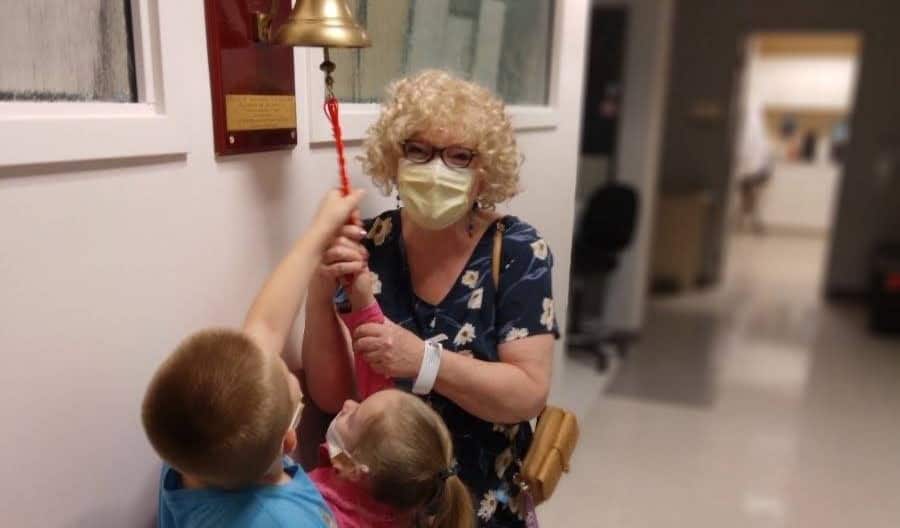
By Paula Schneider, President & CEO, Susan G. Komen
When you’re diagnosed with cancer, it’s not only a matter of, “Will I survive?” For countless low-income breast cancer patients, it’s a question of “Can I afford to feed my family, pay rent and save my own life—all at the same time?”
In the U.S., breast cancer is the most expensive cancer to treat, causing patients to struggle to afford life’s necessities.
We see this every day in Komen’s Patient Care Center, which provided nearly $9.1 million in grants to more than 16,000 breast cancer patients from April 1, 2022, to March 21, 2023, as part of Komen’s direct-to-patient Financial Assistance Program.
In fact, in a new analysis of our Patient Care Center data, housing, transportation and utilities were identified as the top financial needs for patients as they simultaneously carry the weight of life-saving medical costs.
However, this is where financial toxicity threatens the lives of breast cancer patients everywhere. Even mild financial toxicity — the damage inflicted on personal finances by medical care they need — affects almost half of breast cancer patients’ treatment choices, quality of life, bankruptcy rates and even mortality.
What may seem like the simplest living expense can pose a life-threatening ultimatum for patients who often then delay or forgo care they need to survive.
In our full report, you will hear women’s voices from across the country; women whose access to care and treatment outcomes were improved by Komen’s Financial Assistance Program, the largest breast cancer-specific assistance program in the country.
Not only do we strive to help those afford the care they need and the necessities of daily life, but we aim to build a healthier future for everyone—physically, mentally and financially. We want to make sure, after enduring all the pain, heartache and treatment, breast cancer patients can return to a meaningful life, free of financial ruin.
Countless people must stop working during their cancer treatment, including South Carolina resident Tiffy Creasy. “The money [I received from Komen] helped me make it to my appointments knowing I had gas in the car to get where I needed to be. Komen gave me the ability to breathe for just a moment and not worry about the cloud of finances, but rather my own well-being mentally, emotionally and physically.”
While the generous support of donors helps us provide a moment of relief to patients like Tiffy, Komen cannot fight the financial toxicity of breast cancer alone.
We desperately need the support of policymakers and government leaders to expand health care coverage and funding for transportation, childcare and other essential services. We need a stronger, fairer system that gives patients the best chance of survival.
We must continue to design and test new interventions that aim to ease financial pressures of breast cancer patients. And we must continue to help patients identify more financial assistance resources and provide financial navigation as a routine part of high-quality care.
Until we remove these financial barriers, we will lose more and more people to breast cancer—deaths that could be prevented if leaders and policymakers take action today.
Of course, we also need the continuous support of donors to ensure we never have to turn away anyone in need. Please know, your donations help us provide grants to these individuals who often must choose between paying rent and saving their own life.
As you’ll find in our full report, there are many ways we can fight financial toxicity, but it will take all of us to remove these barriers to care and create a new reality.


